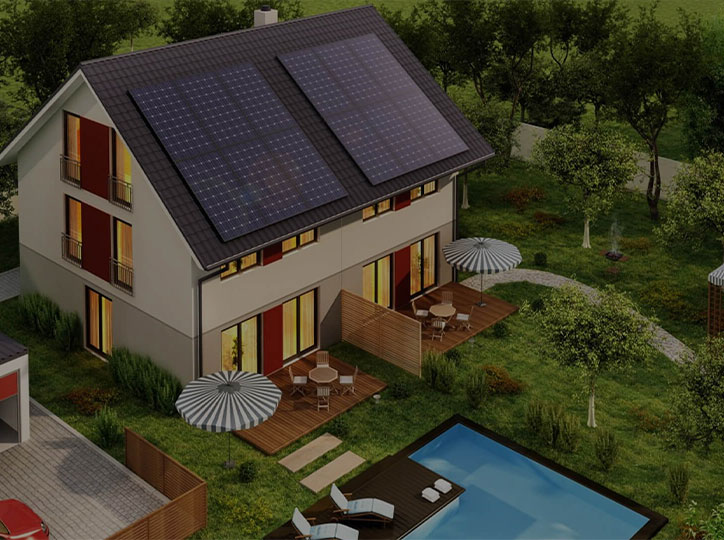Power outages, or blackouts, occur when an area loses its supply of electrical power, leaving homes and businesses without access to electricity. These disruptions can range from mere minutes to several days and can result from various factors. In this blog, we will explore the causes of power outages and share crucial steps to prepare for such events.

What Triggers Power Outages?
Power outages can stem from multiple sources, including:
Extreme Weather Conditions: Severe weather events such as storms and high winds can damage power lines and topple power poles, disrupting electricity supply. These incidents are often unpredictable and unavoidable.
Equipment Failures: Inadequate maintenance and oversight of power lines and equipment can lead to power outages. Overheating and damage due to power surges can result in equipment failures and subsequent loss of power.
Human Error: Accidents or negligence can also trigger blackouts. These instances may include mistakes during maintenance or construction.
Planned Outages: In some cases, power outages are scheduled by utility companies for maintenance or infrastructure improvements. Residents are usually informed well in advance of such planned blackouts.
Preparing for a Power Outage
Being prepared for a power outage is essential to minimize inconvenience and ensure safety. Here are some practical steps to take:
Stock Emergency Supplies: Gather essential emergency supplies, including water, non-perishable food items, batteries, and a first-aid kit. If you have a generator, ensure it has enough fuel and is in good working condition.
Maintain Communication: Keep your devices charged, but reserve cell-phone battery for emergencies. Having a battery-powered radio is crucial to stay informed about updates during an outage. Unplug computers, televisions, and gaming consoles to protect them from potential power surges when the electricity is restored.
Check Solar Panels: If you have solar panels, it's crucial to ensure they are in good working order before a power outage occurs. Here are a few steps to consider: Regularly inspect your solar panels and mounting equipment for damage or debris; Verify that your inverter is functioning correctly. A steady green light is a positive sign; any other indicator usually signals an issue; Maintain an up-to-date record of your solar energy readings to detect any performance dips and address issues before a power outage.
Utilizing Solar Panels During Power Outages
Solar panels can be a reliable source of electricity during a power outage, provided the right measures are in place. Here's what you need to know:
On-Grid Systems: If your solar system is grid-tied without battery backup, it won't function during a power outage because it relies on the grid for operation.
Off-Grid Systems: Off-grid solar systems, equipped with battery-powered backup, can continue supplying power during blackouts. These systems automatically switch to off-grid mode when the power goes out, enabling the battery backup to take over and maintain your electricity supply.
In conclusion, power outages can disrupt our daily lives, but with proper preparation, we can mitigate their impact. By gathering emergency supplies, staying informed, and maintaining solar panels, you can ensure a more resilient and sustainable response to these unexpected events. Balcony solar systems are a game-changing innovation that has come into view. In this blog, we'll explore the significance of balcony solar systems and why they are a smart choice for those looking to reduce their carbon footprint and energy bills while adding value to their homes.
